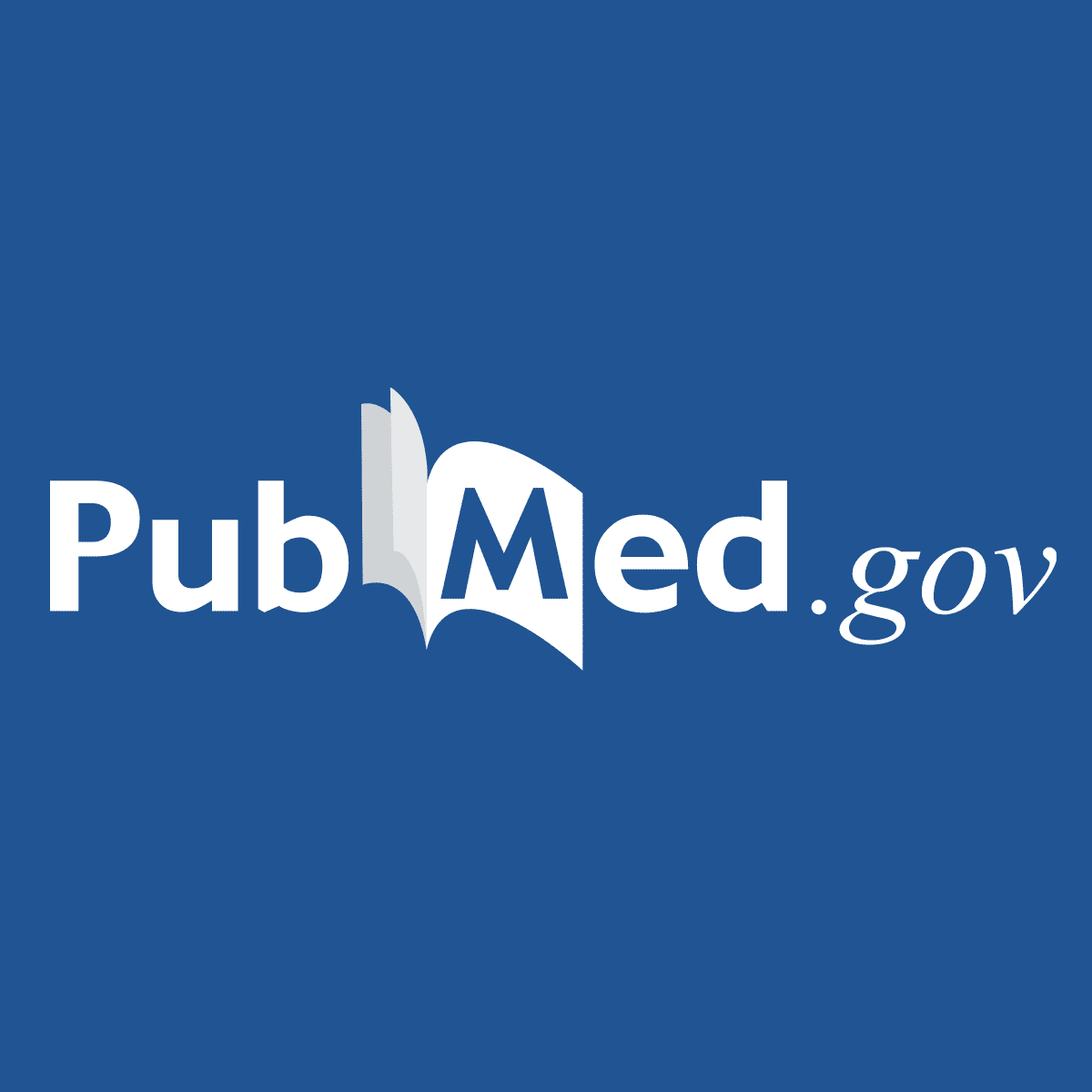S.Seneff
Member
- Joined
- Mar 18, 2020
- Messages
- 215

Saturated fat from dairy sources is associated with lower cardiometabolic risk in the Framingham Offspring Study - PubMed
Males with higher intakes of dairy-derived saturated fats had a less atherogenic profile than males with lower intakes of these fats. These effects were weaker in females. Nondairy saturated fats were not associated with these cardiometabolic outcomes.
Mengjie Yuan 1 , Martha R Singer 1 , Richard T Pickering 2 , Lynn L Moore 1
Affiliations
- PMID: 36307959
- DOI: 10.1093/ajcn/nqac224
Abstract
Background: Current dietary guidance recommends limiting intakes of saturated fats, but most fails to consider that saturated fats from different food sources may have different health effects.
Objectives: We aimed to evaluate the associations of saturated fats from dairy and nondairy sources with measures of body fat, inflammatory biomarkers, lipid concentrations, and lipid particle sizes and concentrations.
Methods: The Framingham Offspring Study is a prospective cohort study. Participants (n = 2391) ≥30 y of age who had dietary records and data on the outcomes of interest were included.
Results: Among females, those in the highest quintile (compared with the lowest) of dairy-derived saturated fat had lower multivariable-adjusted levels of body fat [BMI (in kg/m2): 26.2 compared with 27.8, P < 0.01; and percentage fat mass: 36.7% compared with 38.0%, P = 0.09) and larger LDL particle sizes. Nondairy saturated fat in females was inversely associated with the triglyceride (TG):HDL ratio (P = 0.03). Among males, intakes of dairy-derived saturated fats were inversely associated with C-reactive protein (P < 0.01), fibrinogen (P < 0.01), TGs (P < 0.01), and the TG:HDL ratio (P < 0.01). HDL cholesterol was 2.8 mg/dL (P = 0.04) higher among males in the highest (compared with the lowest) quintile of saturated fat from dairy sources. Males with the highest intakes of dairy-derived saturated fats had larger HDL and LDL particle sizes (P < 0.01 for both), a higher HDL particle concentration (P < 0.01), and a lower VLDL particle concentration (P < 0.01). There were no statistically significant adverse effects of saturated fats from nondairy sources on any of these outcomes in either males or females.
Conclusions: Males with higher intakes of dairy-derived saturated fats had a less atherogenic profile than males with lower intakes of these fats. These effects were weaker in females. Nondairy saturated fats were not associated with these cardiometabolic outcomes.
Keywords: body fat; cardiometabolic risk; dairy; diet; inflammation; lipid particles; lipids; saturated fat.
